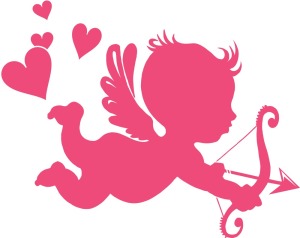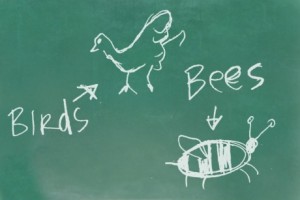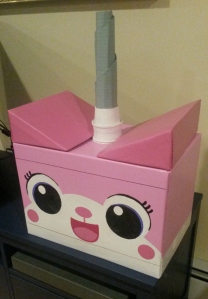 I recently had a birthday. A big one. My wife planned an amazing weekend of meals, shows, and events, and I really felt loved. One of the most surprising gifts of all, however, was seeing my son up on stage, being the gutsiest kid I know.
I recently had a birthday. A big one. My wife planned an amazing weekend of meals, shows, and events, and I really felt loved. One of the most surprising gifts of all, however, was seeing my son up on stage, being the gutsiest kid I know.
On the Friday night of my birthday weekend, my wife put us in the car and we drove off to a destination unbeknownst to me. I love surprises, so for most of the way I was baffled about where we were going. Then I saw this red brick building where my family had attended an improv show the year prior.
I guessed our destination, and my heart sank a little. I remembered liking the show and the troupe of performers, but I hate, hate, hate being on stage and having attention thrust my way. The mere possibility of the public eye staring me down sent a wave of anxiety through me. My wife, astute as she is, picked up on my hesitation and was disappointed that she might have made the wrong choice. I tried to explain that I liked the show, but after a long work week, the last thing I wanted was to become part of the entertainment.
We settled in and the show began. One of the performers pulled a paper from a cup: the slips of paper audience members were asked to write their names on as they walked in. Whom did they pick, you ask? That’s right, me. My wife and son stared at me in disbelief and we all burst out laughing.
I won’t go into the details of my time on stage, but suffice it to say I exuded awkwardness, self-consciousness, and a lack of talent, all the qualities that I love to display to a crowd of strangers.
Later in the night, however, when the performers were looking for volunteers for a spelling bee portion of the act, my 8-year-old son offered himself up as a volunteer. I was shocked, seeing him accept the invitation and jump up on stage with a group of adults. No other kids had volunteered that night, and my son was the youngest of any of the performers.
The cast took turns spelling single letters of difficult words in rounds, or making up absurd sentences with them. My guy was up there holding his own, understanding the jokes enough to keep them going. He beamed with excitement, and when the entire cast high-fived him at the end of his performance, he trotted back to his seat with his chest puffed up.
That was perhaps the best birthday gift of the weekend.
The trickiest aspect of raising kids is that we see ourselves in them. Sometimes we see the things about ourselves we like, such as strong shoulders or a caring disposition, but other times we see the things about ourselves that we wish we could shrug off like shyness or a short temper. The characteristic I sometime see that I’ve passed down to my son is my own timidity. Growing up, I was the shy polite one who didn’t stick his neck out and didn’t draw attention to himself. It meant that I got by, but I only just got by. I didn’t put myself out there, I didn’t take risks. It has taken me so many decades to become gutsier, to speak my mind, and to stand up for myself. When I see shyness in my son, I imagine the years he could spend in the shadows of others, a cute wallflower.
But life is surprising, and on this particular birthday, my son proved me wrong. While I cowered in the shadows, he proudly stood up and cast a spotlight on himself. My son’s going to create the next few decades of his own life, and they won’t look like my early years. So I can stop overlaying my experience, fears and misfortune onto him. The kid’s got guts, and they’ll take him far.


















